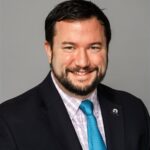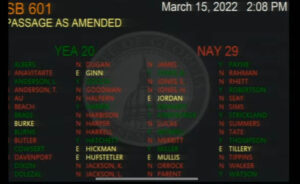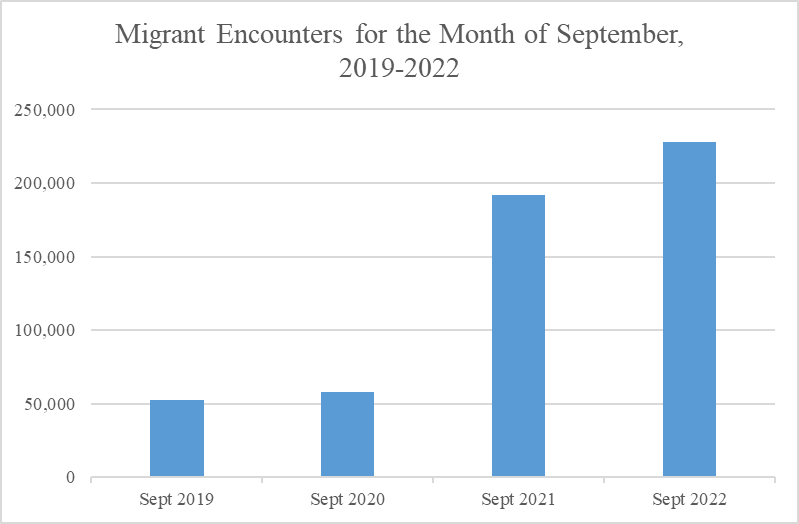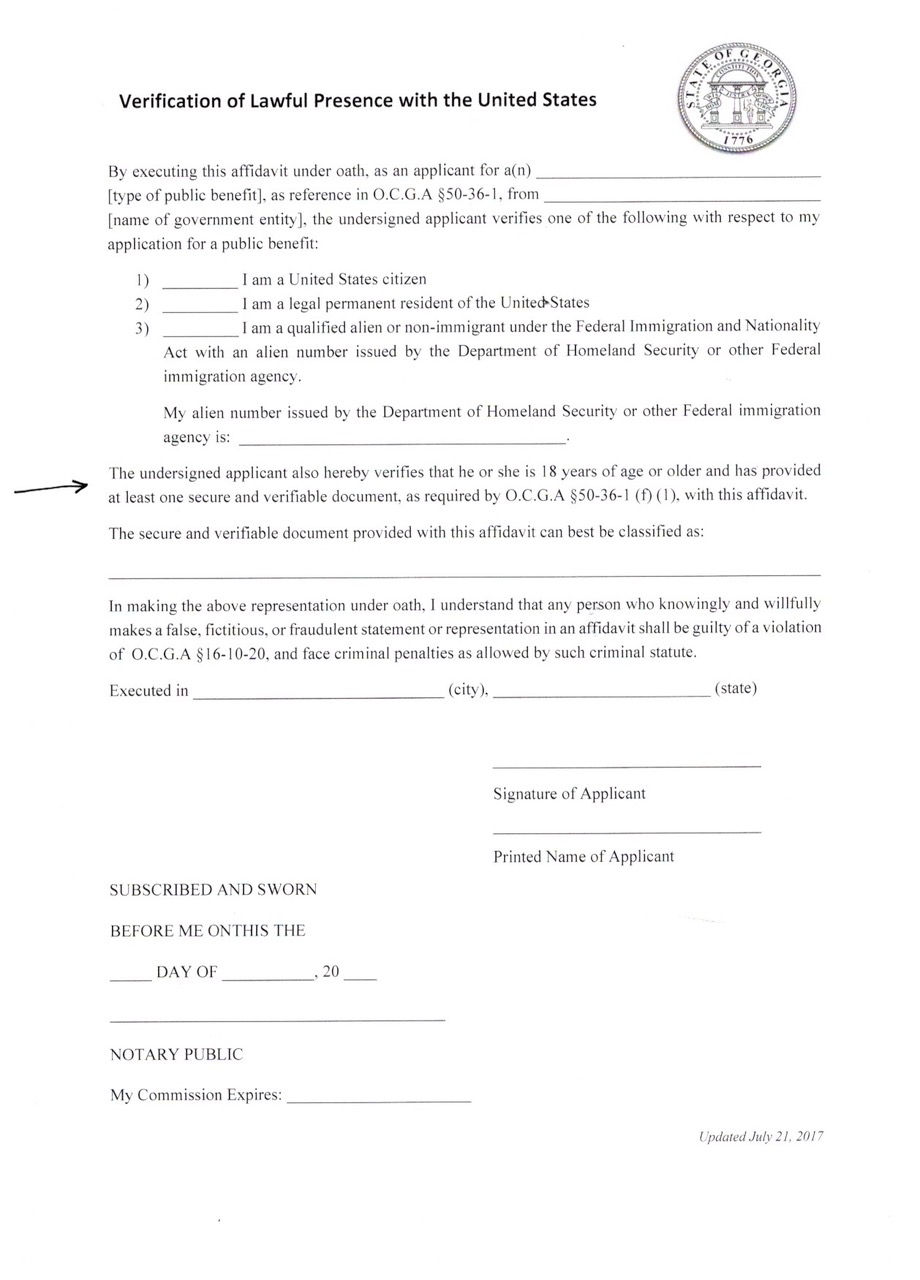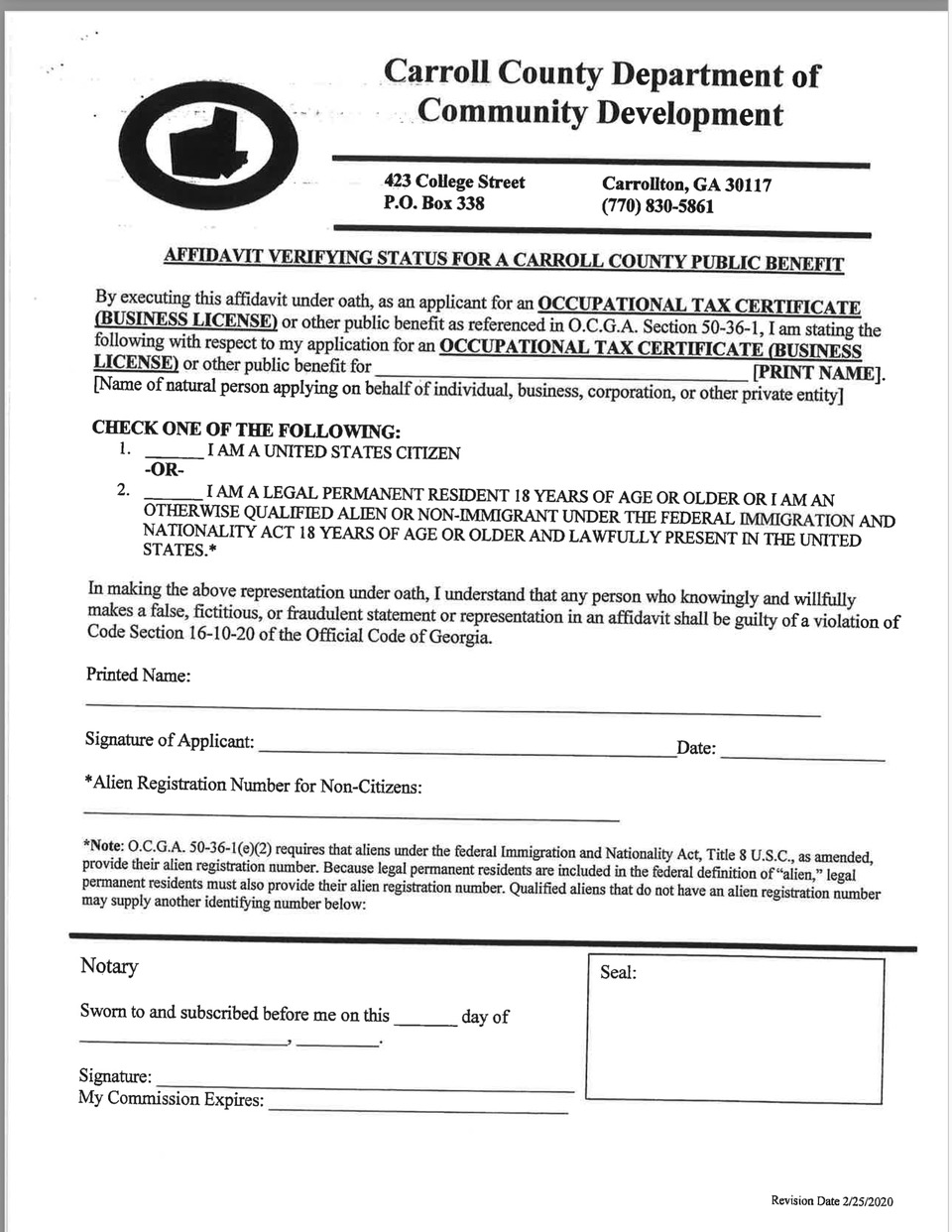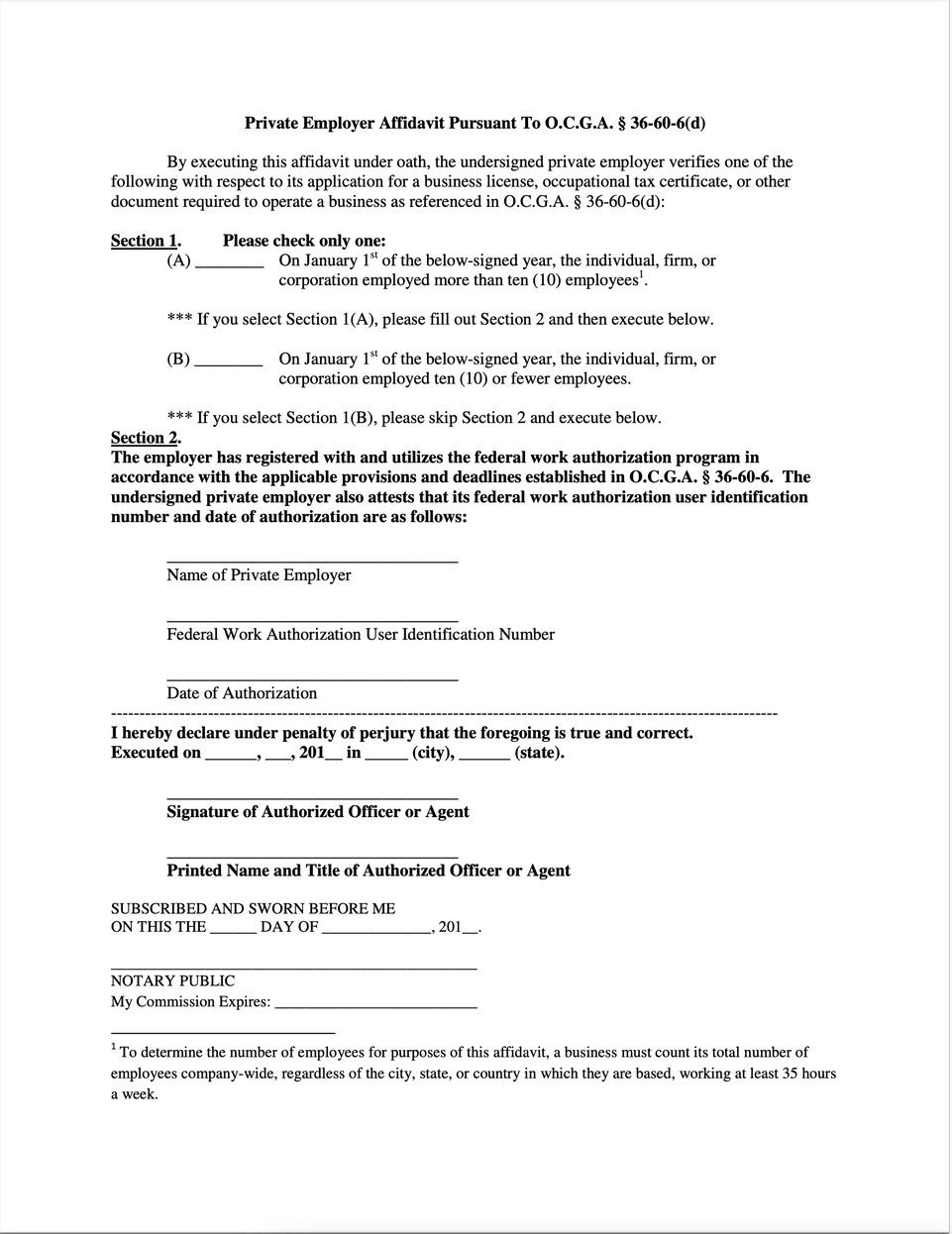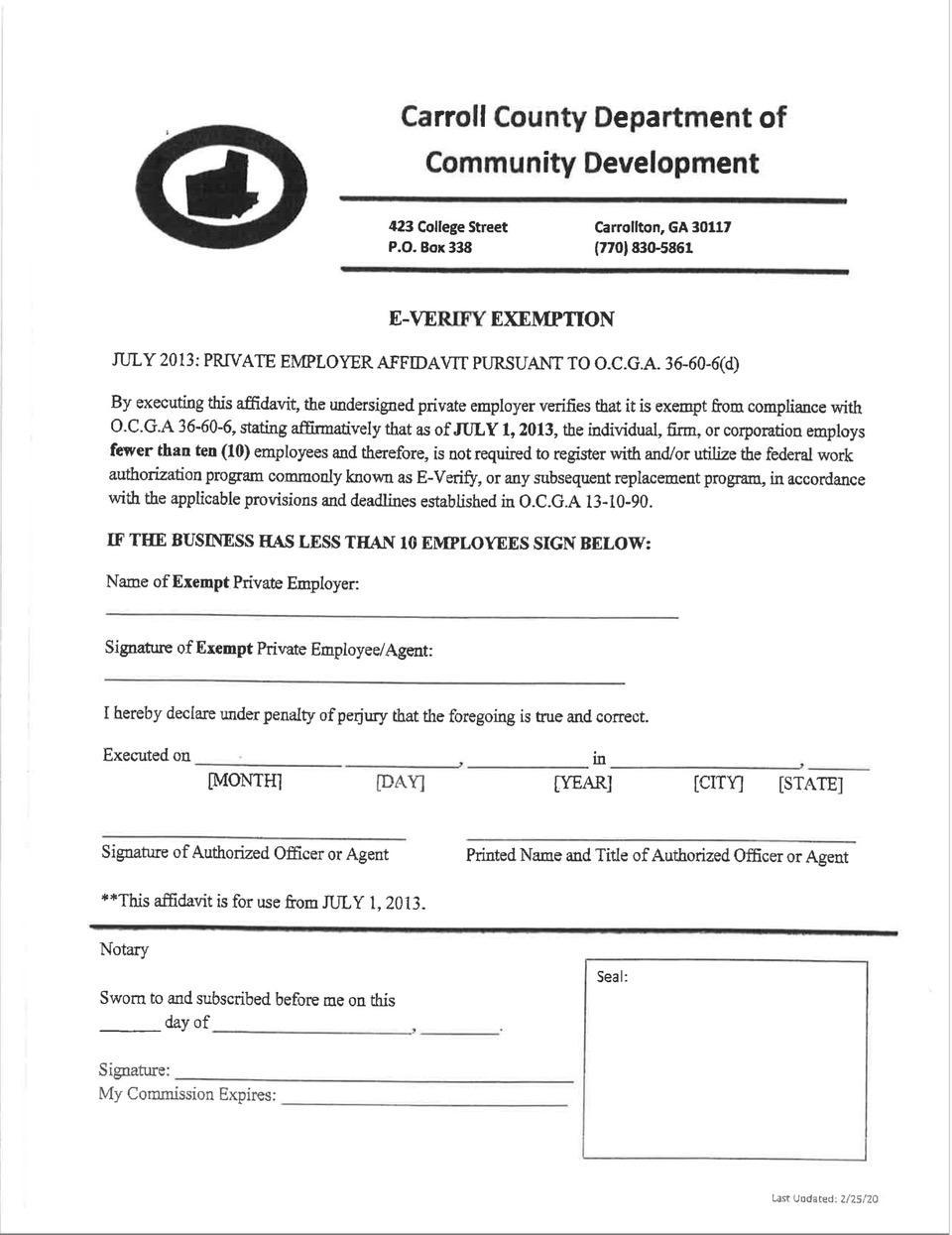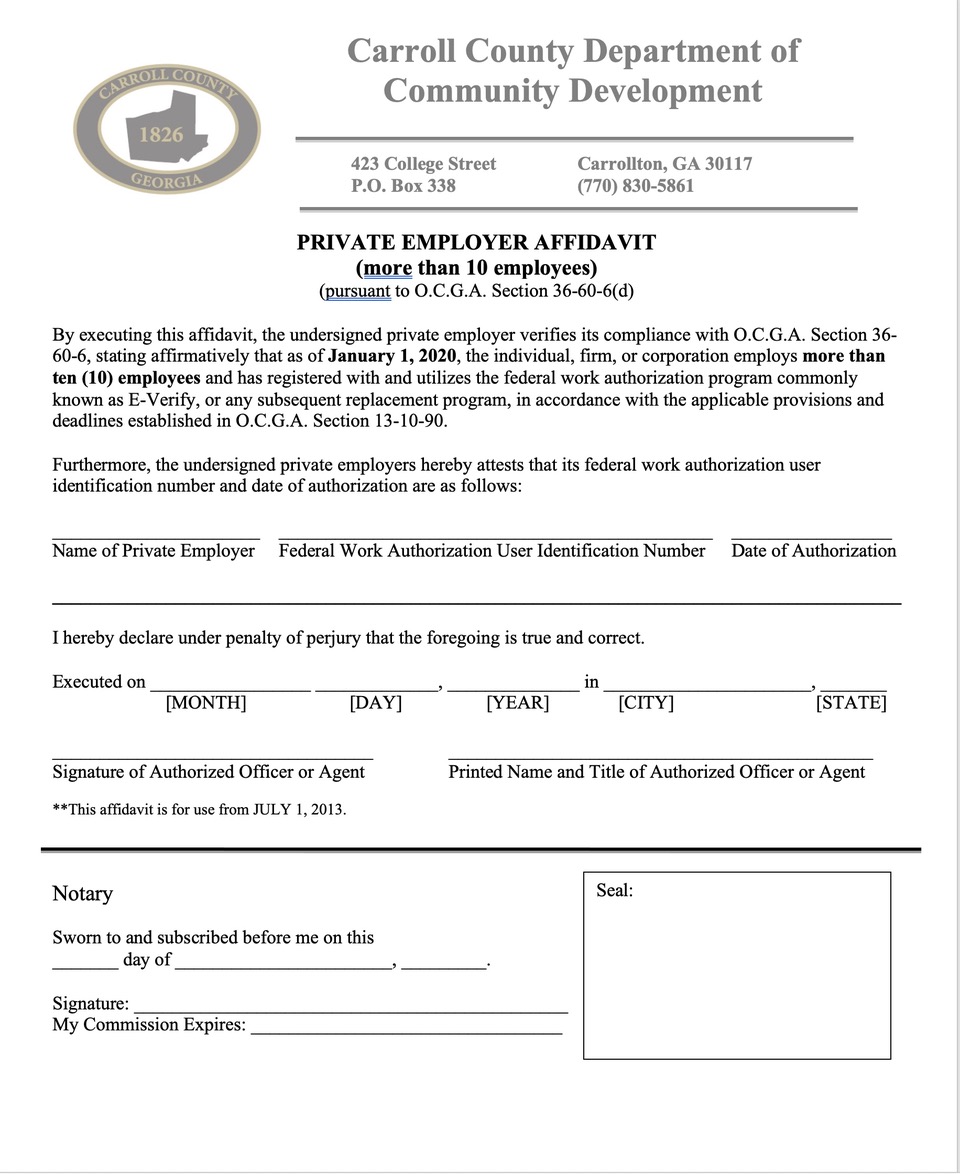Stacker referenced data from The Refugee Processing Center to compile statistics on the number of refugees and their countries of origin resettled in Georgia in August 2023.
August refugee statistics
Countries where refugees arrived from in August
To Georgia:
#1. Congo: 71
#2. Syria: 45
#3. Afghanistan: 26
#4. Sudan: 22
#5. Burma: 15
#6. Venezuela: 11
#7. Guatemala: 10
#8. Pakistan: 7
#8. Honduras: 7
#8. El Salvador: 7
#11. Colombia: 6
#12. Ethiopia: 5
#12. Eritrea: 5
#14. Iran: 4
#14. Nicaragua: 4
#16. Iraq: 3
#17. Haiti: 2
#17. Moldova: 2
#19. Somalia: 1
#19. Cuba: 1
#19. Yemen: 1
To the U.S. as a whole:
#1. Syria: 1,429
#2. Congo: 1,085
#3. Afghanistan: 710
#4. Burma: 479
#5. Guatemala: 292
Here.



